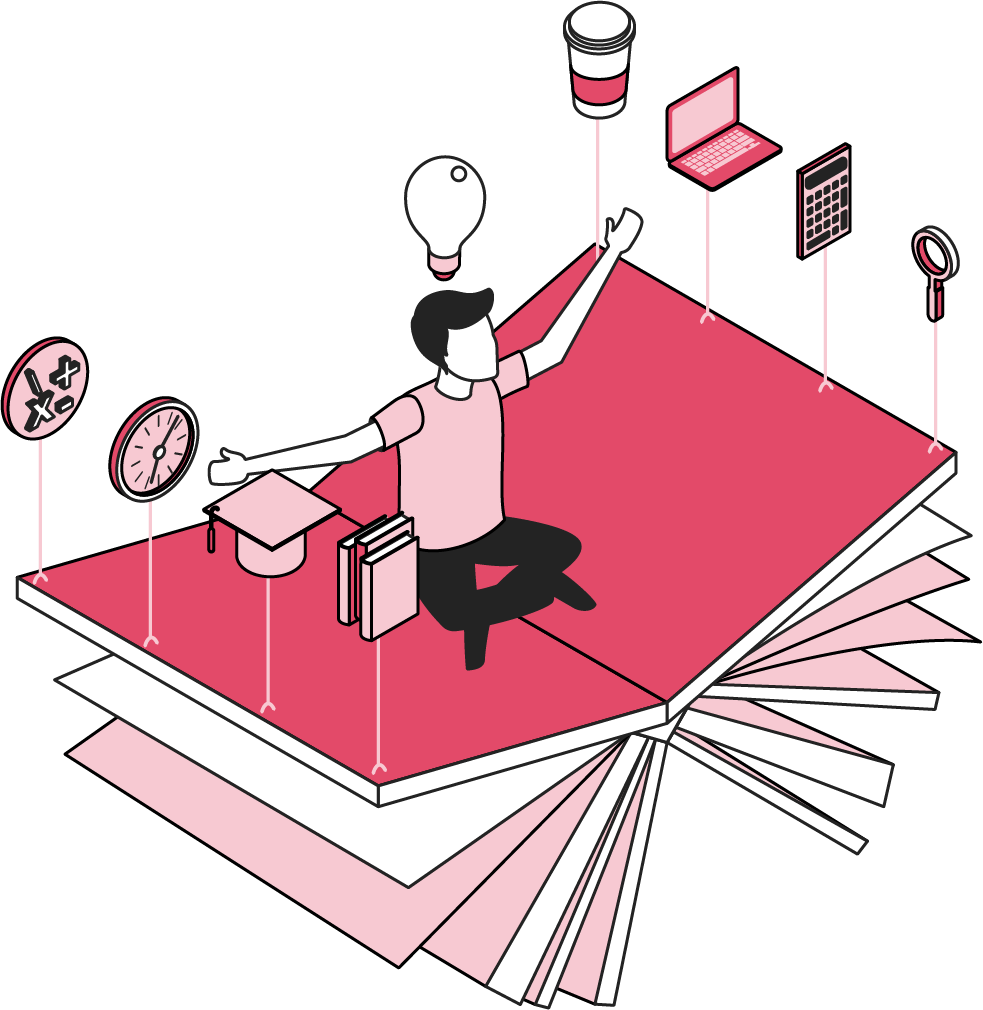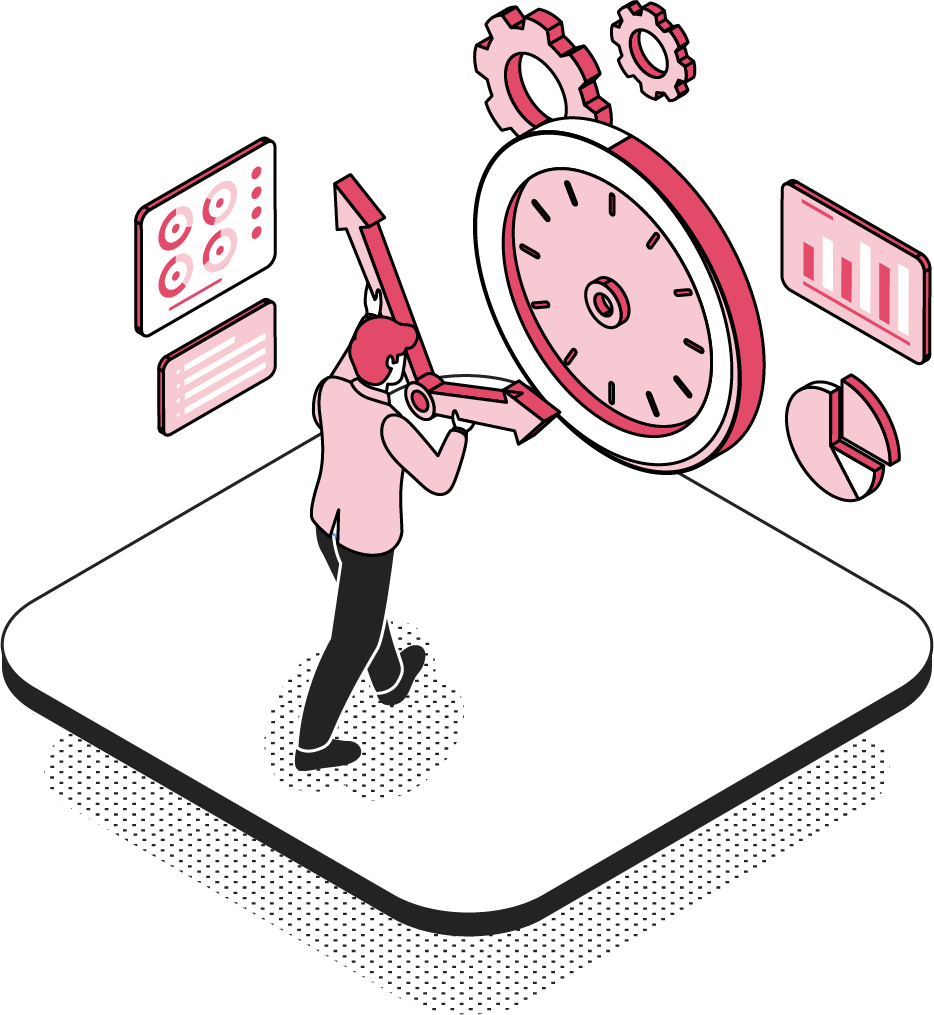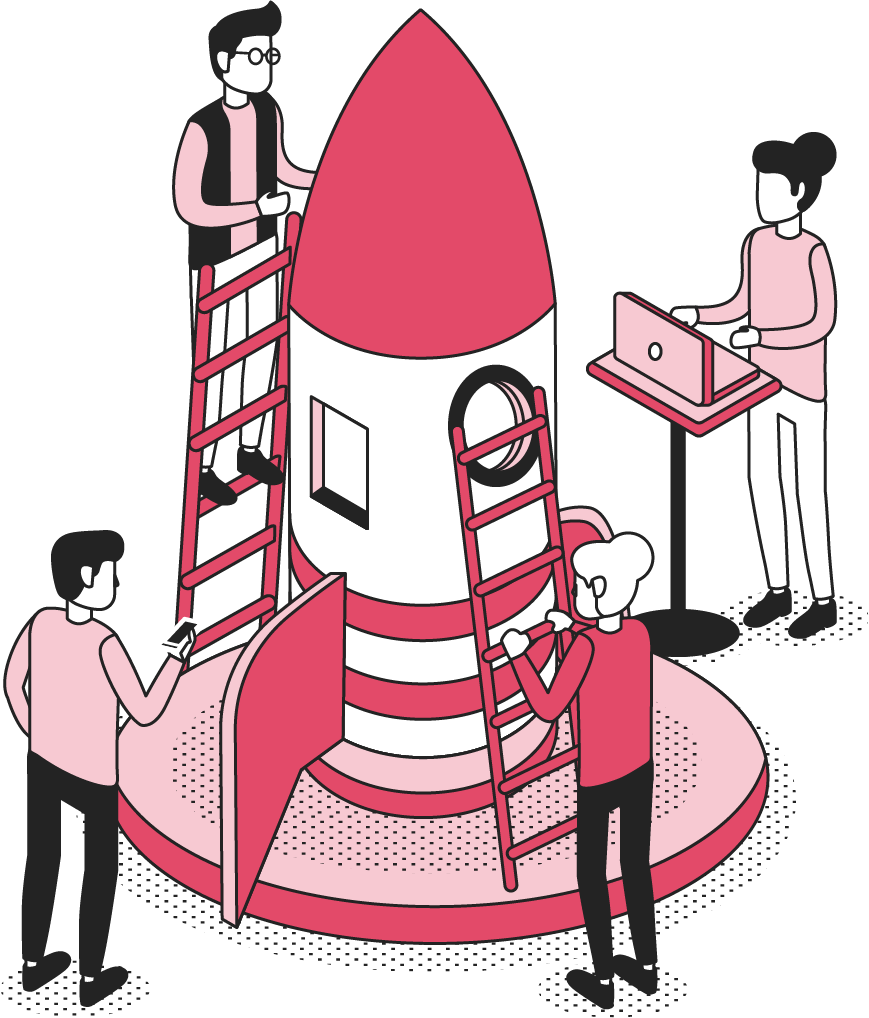Back
Traditional Law Is Broken (Part 2)
8 minutes • 20 Feb 17

Introduction
The True Cost Of The Hourly Rate
GLS believes that more than 95% of businesses globally are unable to access effective legal support either at all, or in the quantities they require – principally because of price barriers.
In Part 1 of this series, we explored how TradLaw’s commitment to the "Have, Cake & Eat" model relies upon clients assuming the cost of operational inefficiencies and overindulgences.
In this Part 2, we highlight a range of inefficiencies frequently present in the TradLaw model that flow as a direct result of TradLaw’s prevailing economic model and ensuing management culture.
The hourly rate remains the primary economic model pursued by TradLaw and essentially makes the adoption of service-based efficiencies an economically irrational choice for TradLaw.
The associated 'culture' that has emerged within TradLaw management has only further exacerbated the acute inaccessibility of TradLaw to the global business community.
There is nothing funny about the resulting irony which the business community feels every day. TradLaw is actually unable to reduce its hourly rates to where the market needs them to be and yet at the same time it is not ready to let go of the hourly rate model.
We choose to highlight these inefficiencies, and their underlying cause, because the pathway for the legal industry to address and respond to this is clear – for those brave enough to tread it.
The emergence of industry disruptors like GLS (and those we fund) mean the best days of the legal industry are ahead!
We operate at 20% of the cost of comparable legal service providers whilst maintaining the same world-class quality – it’s as simple as that.
Big Law, Big Bills
Much of TradLaw has vigorously pursued short-term profit maximisation, while remaining wedded to a stunning array of inefficient practices that clients (and lawyers) have had to bear.
TradLaw and especially Big Law, has, whether due to tradition, ego or otherwise, allocated vast quantities of capital into platform features that do not create or readily translate into client value.
Consider the inefficiencies below: we will start with the more recognisable inefficiences and then move onto the more systemic structural issues, the chief among which is the billable hour.
As you review these inefficiencies – ask yourself – in how many other industries would they be able to exist before being eliminated by competitive market forces?
Inefficient: Premium CBD Premises
Before cars (and certainly before faxes, internet and emails) law firms needed to be located close to the courts and their clients, who were often clustered in the CBD.
The same cannot be said today where face-to-face meetings are increasingly infrequent. Lawyers can go months without actually seeing a client in person.
The cost of premium, and often self-aggrandising, CDB location premises are, in today's technological environment, an unnecessary indulgence which create very little client value.

Nice, but not necessary!
Inefficient: Ignoring Transformative Technology
Few industries have proven more resistant to the introduction of service delivery technologies than the legal industry.
In most other sectors, technology has been embraced to drastically increase output and lower production costs for the client/customer's benefit and preserve one’s competitive edge.
TradLaw, and particularly Big Law which can afford game changing technology, has failed to embrace technology where it matters, i.e. at the point of service delivery.
Why has this been the case? Simple. The longer it takes a TradLaw firm to complete a task (i.e. the more hours sold) the more it gets paid.
"It is economically irrational for TradLaw to embrace efficiency as long as it remains wedded to hourly rate architecture."
TradLaw’s business has centered around selling the market what it increasingly does not want - time. Which leads us nicely to the next point ...
Inefficient: Failure To Commoditise
Law is a knowledge-based industry where expertise is merely an aggregation of experience.
We all know that business want solutions delivered with price certainty. Why then have commoditised, fixed price, knowledge-based products by and large failed to emerge?
The reality is that most areas of law remain static for sufficient periods of time to allow for the development of knowledge-based products and solutions – the wheel does not need reinventing at every turn.
Knowledge aggregation and its ease of access and retrieval is a key indicator of just how efficient a law firm is. It also allows fixed pricing models to emerge – something clients absolutely want.
So, where are these knowledge-based products?
The reality is that commoditised knowledge products do not involve the sale of hours and therefore do not make comfortable bedfellows for the Have Cake & Eat model.
Accordingly, the economies of scale that all other industries achieve from aggregation and volume are not pursued by Big Law and are generally not available to legal industry clients.
Note too that clients essentially want "yes" or "no" answers – "can I do this or not?". If many areas of law permit such responses, then why have law firms not responded to these demands?
Inefficient: Global Full Service Models
Big Law’s 'one-stop-shop' approach, discussed in more depth in our previous article, leads to what we call the "Pac-Man Model".
Do you remember the Pac-Man gorging on ghosts? Similarly, Big Law's mouth tends to remain open, taking on anything and everything.
The economic imperatives of Big Law creates a gravitational pull away from strategic service excellence to a focus on volume – this leads to firms using their own people/offices even when the expertise/experience is lacking.
For those that have worked at Big Law – you will know that not all offices are equal, but the rates generally are!

Inefficient: Law firm Management
"The problem with law firms is that they are run by lawyers!"
Law firms tend to choose leaders from within their own ranks; effectively, Big Law takes its best moneymakers and applies them to jobs they are by and large unqualified to do.
Ineffectual and inexperienced management, whether global or regional, can bring with it a tremendous cost, which will inevitably be borne by clients.
The stories we could share with you on this one … the firm that bought a word processing system that perhaps two other organisations in the world would use or the Group Head that booked a practice Group Retreat and forgot to invite the other offices...
Inefficient: Ignoring The Face Time Phenomenon
The fairly challenged Partnership Model which actually sees very few people truly benefiting may provide the backdrop to Big Law’s enduring attachment to the practice of "face to face" meetings.
At the drop of a hat Big Law’s partners are the first to jump to embrace the internal meeting, conferences and management retreats – and if some frequent flyer points inure then great!
How do grand auditoriums and international get-togethers with the associated business class flights, five star hotels and so on, really add client value? The answer is they do not.
Frankly, the costs of the "internal get together" culture make the bills for taxis home after a particular hour, meals, replacement shirts and expenses over weekends, etc. – all seem a tad insignificant.
However, someone has been paying for it – and it hasn’t just been clients – the lawyers working in private practice are also paying the price (more on that in Part 3).
Lets now look at some of the more systemic causes of inefficiency associated with the way in which TradLaw is frequently organised and how it causes structural inefficiencies.
Inefficient: The Partnership Model
Law firms are owned and managed by partners who are primarily remunerated by direct reference to fee generation – a principle that can create both internal and external conflict.
That is, what a partner takes home to spend on his or her family is, by and large, dependent on achieving a personal/group budget. Progression at the associate level follows a similar path.
Organisational and skill deployment decisions by the firm may not always be aligned with the principle of identifying the "best lawyer for the job" or for that matter "workplace collegiality".
Instead, a territorial mindset plagues many law firms where partners and associates are incentivised to hold on to work better handled by others so as to drive their internal profit centre.
"If the best placed person is not actually carrying out the work then how can it be said that the work is being done as efficiently as possible from a time, cost and quality point of view?"
Interestingly, some might argue that the "lock-step" model avoided these kinds of issues … but they would need to show us where "lock-step" can genuinely still be found.
These inefficiencies are not limited to Big Law. Smaller firms tend also to operate "broad spectrum" practices where many things are "done" for the first time.
Our view is that a modern day law firm must be organised in such a way that the interests of clients must be firmly aligned with the interests of the lawyers serving them.
And then to the Big Enchilada!
Treat The Cause Of Inefficiency, Not The Symptoms
Like the best medical advice available, the future for a better legal industry should involve treating the cause not the symptoms.
Underpinning the more systemic "hard to treat" inefficiencies discussed above, is unquestionably the hourly rate engagement model.
The "hourly rate" is the architect of TradLaw's organisational design and the author of its operational procedures that guarantee service delivery inefficiency.
"On what planet does charging by the hour drive efficient service delivery outcomes?"
But wait, counsel for the defence wants to give a few words prior to sentencing!
Haven't many firms been offering alternative fee arrangements ("AFAs") these days in response to client dissatisfaction with hourly rates?
Please! No one is at all convinced by those firms who now say that they are offering AFAs.
Yes - many firms are now offering AFAs (in the form of caps, collars, uplifts, etc.) as a replacement for hourly rates, but these are nothing more than a distraction away from the truth.
Most AFAs are ultimately a permutation/derivative of the hourly rates model, in that they link back to fee-earner hours and are therefore clouded by the same inefficiencies.
The hourly rate defines TradLaw and the processes by which it ticks over. Few parts of the TradLaw business are untouched by the hourly rate deity.
AFA's: The Wolf In Sheep's Clothing
What other explanation could there be when, despite AFAs, most of Big Law's fee earners still have annual hourly billing targets and are paid by reference to hours worked and billed?
Big Law in particular still hires and fires according to classic TradLaw metrics of utilisation and recovery (by reference to hours recorded and charged). If your hours are up – you are safe. If they are down – watch out.
Can It Continue?
What is truly remarkable is just how widespread such inefficiencies have become and how deeply they are embedded into the traditions and operating structures of the legal industry.
Market forces would heavily penalise organisations in other industries for engaging in any of these inefficiencies, let alone all of them.
Much of TradLaw is so heavily burdened by its own structural, cultural and economic inefficiencies that it is actually incapable of pivoting to where the market requires.
One does not need to engage McKinsey to conclude that eliminating the above types of inefficiencies is entirely possible – however, you have to want to do so.
The "culture" of TradLaw originating and perpetuating accordingly to hourly rate architecture will remain the impermeable barrier to the progress of many TradLaw players.
As a result, client fees will continue to routinely exceed actual value received by considerable margins. An inherently inefficient platform cannot produce optimally efficient outcomes.
Conclusion
Sadly, the TradLaw industry offers another example of why market disruption leading to more accessible services can rarely can be achieved by a dominant market play.
The hourly rate quite simply makes the adoption of efficiency an economically irrational choice for TradLaw – and critically, it has allowed the ensuing culture of inefficiency to arise and perpetuate.
Until it can free itself of hourly rate thinking, TradLaw will remain afflicted by DNA level inefficiencies (or continued susceptibility to them) by clients and employee lawyers.
It was for this reason that the GLS Group chose to start again. True market disruption cannot come from a dominant player whose culture and economic model is designed to stifle real change.
While TradLaw has proven stubbornly resistant to embracing efficiency, we at GLS, and other innovators who we work with and fund, are leading the charge.
"We asked ourselves the question that TradLaw refuses to address – just how efficiently can a law firm be run? We then built a business around the answer."
GLS has shown that time and cost can be removed as barriers for most businesses requiring world-class legal support. We now operate at 20% of the cost of comparable providers.
Choosing to be more accessible is but part of the battle – you need to also be operating from a platform that has been built to achieve and foster perpetual levels of efficiency.
We have established a purpose-built platform designed free of cultural inefficiencies based upon a business model that can only ever be achieved through the pursuit of ever increasing efficiency.
For those that wonder how we have achieved our stunning market proposition – here is the quick and dirty answer – reject the "hourly rate".
Ready To Transform Your Legal Team?
Please check out the GLS solutions and know-how resources listed on the right side of this page – they might assist your legal team with the issues explored in this Blog.
© The GLS Group - Law Rewritten
What next?
Removing the first 50% of delivery costs that did not serve clients was easy. The next 30% was where things got interesting. We will share with you how we achieved this in Part 3.
In the fourth and final part of our series - we will then analyse the impact of TradLaw’s inefficiencies on the legal practitioner community that has supported it. Clients are not the only casualties of the TradLaw model.
We will conclude this series with what we see as overwhelming proof that that the best days yet are ahead for the practice of law.

The GLS Legal Operations Centre
Register to access your complimentary Day 1 Resource Stack packed with legal team performance resources.

GLS Ultimate Guide To Legal Operations
Download this and read it thoroughly and regularly. It is a wonderful transformation companion.

Book A No-Obligation Consultation
If you would like discuss your legal transformation needs, please book a 30 minute free consultation with us.

GLS Legal Transformation Boot Camp
Our hugely successful, 10-week long, email-based boot camp on how to effectively transform your legal team.



